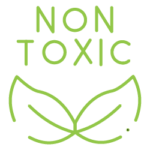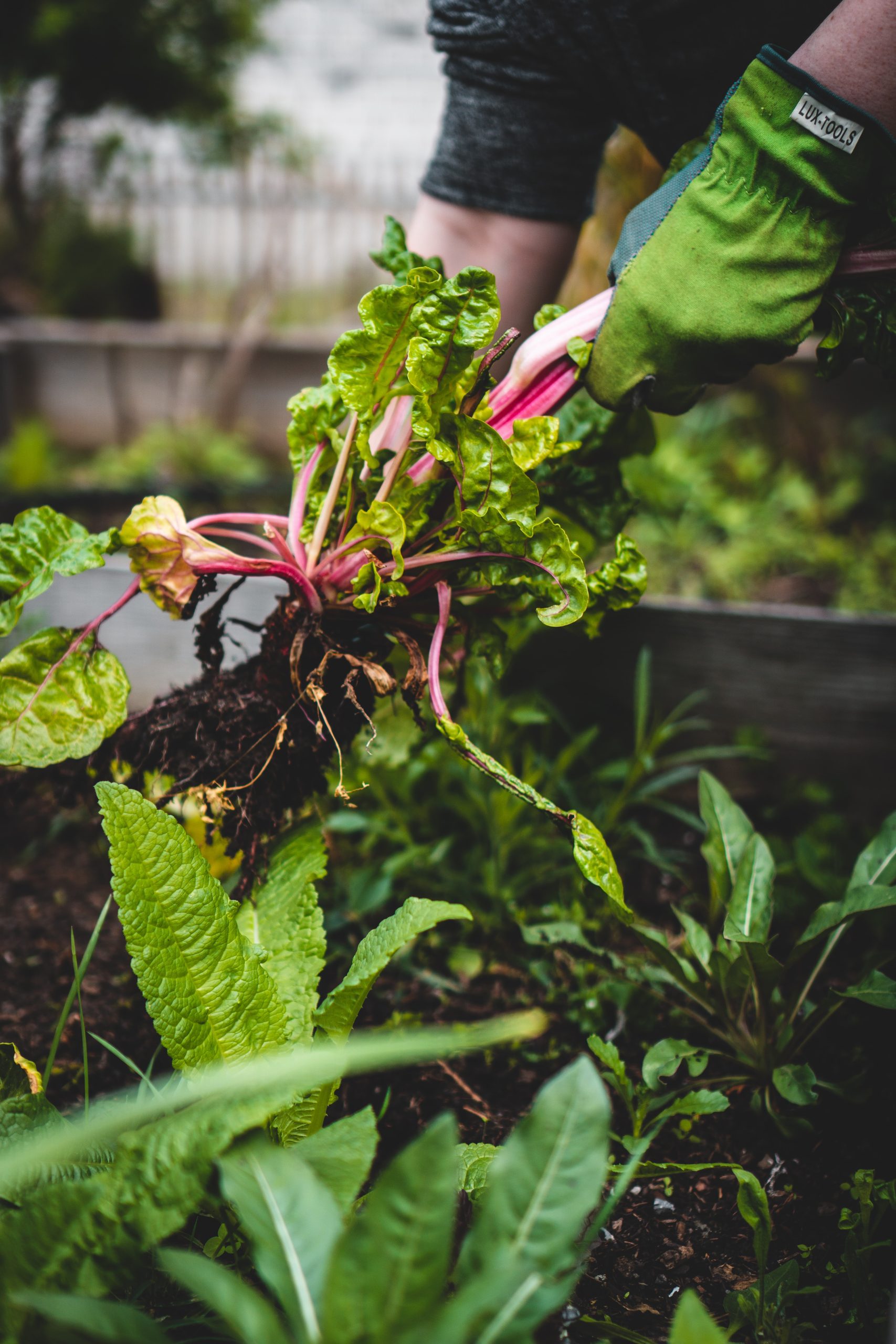Gardening can be a fun and rewarding hobby. It can beautify one’s home as well as be a healthy and calming activity. Certain common gardening practices, however, can be harmful to the environment. Here are a few.
Problem #1: Over Fertilizing
We usually think of fertilizers as good: they help plants grow more. Nitrogen, a key ingredient in most fertilizers, is natural and can be found in our soil and foods. It is required for plants to grow. Fertilizers typical are used to boost the growth of plants including vegetables. But over fertilizing causes problems.
Using too much or choosing “high-dose”, chemical fertilizers can cause excess nitrogen to be washed into our streams when it rains. Once the excess nitrogen enters the watershed it causes algae blooms in our rivers, streams and especially our lakes. These algae devour the oxygen in the water, creating toxic dead zones. This is what has occurred in Lake Erie, and many smaller local lakes over the last several years.
Solution #1: Fertilize Responsibly
Go for “low number” fertilizers.
When you purchase fertilizers, you will notice three numbers. These three numbers represent – in order – the levels of nitrogen, phosphorous and potassium, or the N-P-K ratio. A fertilizer with numbers 8-4-8 for example has 8% nitrogen, 4% phosphorous, and 8% potassium. The “low number” fertilizers typically stay under 10% for all three elements.
If you are thinking more is better, think again! Not only are “high-dose” chemicals bad for the environment, but they can also “burn” your plants with too much, too soon. Or cause an overgrowth of foliage without solid root support.
Choose Natural or Organic Fertilizers
Fertilizers can be “synthetic” which means they are created chemically or “natural” which means they are derived from plants, micro-organisms, and even animals! They may include:
- Plant-derived: alfalfa, cottonseed meal, seaweed
- Animal-derived: bone meal, manure
- Microorganisms derived: heat-dried microbes
- Mineral-derived: green sand, rock phosphate
Problem #2: Pests, Mildew and Fungus
Garden pests can be a problem! Additionally, many people abhor insects of all kinds and go to extremes to rid their gardens of them. There are also mildews and fungi that drive gardeners to extreme measures. Enter pesticides and fungicides: they are sprayed to rid the garden of these problems. While this does kill the bugs and other issues, it can create a myriad of other problems including:
- Killing beneficial insects such as bees and ladybugs
- Creating toxic vegetables and produce for our families
- Entering the watershed and harming fish and other wildlife
Solution #2: Control Problems Naturally
Healthy Plant Varieties
Sometimes the solution is as simple as choosing hardy varieties, to begin with! We are in Zone 5, so choosing plants meant to grow in Northeast Ohio is a good start!
Natural Commercial Products
Thankfully, there are more commercial natural and organic products available than ever before. Many can be found at local garden shops, online, and even at “Big Box” garden centers! These products offer safer ways to get rid of pesky problems without polluting the soil. They include:
- Horticultural oils
- Neem Oil
- Insecticidal soaps
- Pepper, garlic and nicotine based sprays
Garden Friends, Traps, and Barriers
Other ways to control insect and animal problems are with garden friends, traps and barriers, such as:
- Attract bird “friends” to your garden with bird baths, flowers, birdhouses, and nearby garden-friendly feeders. (You may want to avoid thistle seed feeders. Thistles can be a new problem in the garden!)
- Cover plants with floating row covers. These lightweight, nonwoven fabrics allow light, air, and water through but stop insects and small animals
- Add marigolds, garlic, onions, chives and other repellant plants at the edges of vegetable beds.
- Mulch around plants with clean straw, chopped leaves or other clean organic materials. Note: Fresh wood chips are not recommended till they have aged a few seasons.
- Set beer traps or use iron phosphate-based pellets to attract and kill slugs. (The beer method lets them go happy!) One half of a cantaloupe shell with some beer in it is irresistible to them! Be sure to dispose of both regularly.
- Find the “healthy balance” between cleaning up the garden and letting it go wild. Decaying matter can be beneficial, but can also harbor mildew, insect eggs and perpetuate diseases. Clean it up and move the excess to a compost bin!
Garden (and Yard) Waste Do’s & Dont’s
DO:
- Keep your garden clear of debris
- Cut back the garden remains at the end of the season.
- Compost! Add healthy garden refuse, lawn clippings, non-meat food waste and leaves, for example to your compost. (Look for a full article on composting soon!)
DON’T:
- DON’T burn your garden waste. This creates more greenhouse gasses.
- DON’T compost or leave diseased plant matter in your garden. It’s best to dispose of this via garbage or perhaps burying it away from your garden.
Sources:
- https://sustainablefoodcenter.org/latest/gardening/what-does-organic-really-mean
- https://www.goodhousekeeping.com/home/gardening/advice/g2104/organic-gardening-tips-460309/
- https://www.motherearthnews.com/organic-gardening/
- https://kids.frontiersin.org/articles/10.3389/frym.2020.00063#:~:text=To%20grow%2C%20plants%20require%20nitrogen,the%20eutrophication%20of%20our%20waterways
- https://www.growingagreenerworld.com/environmentally-friendly-fertilizers/











